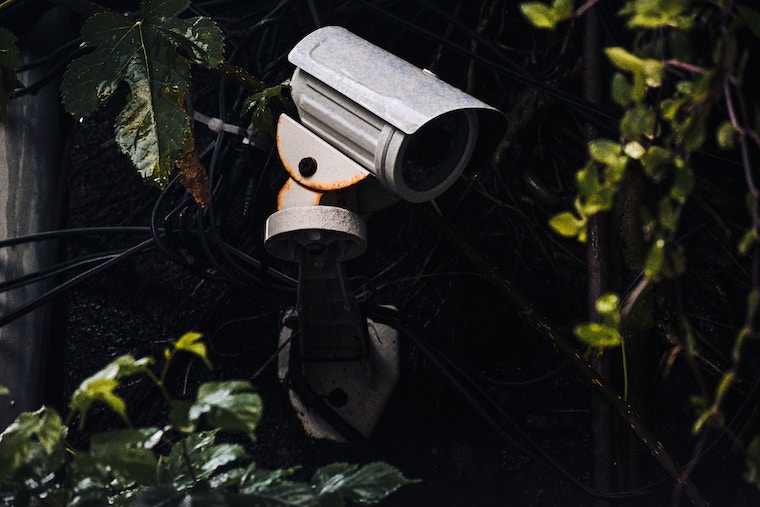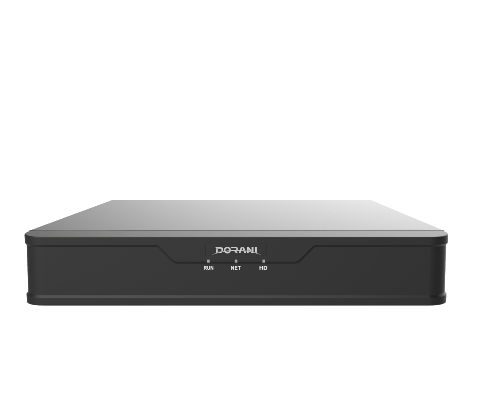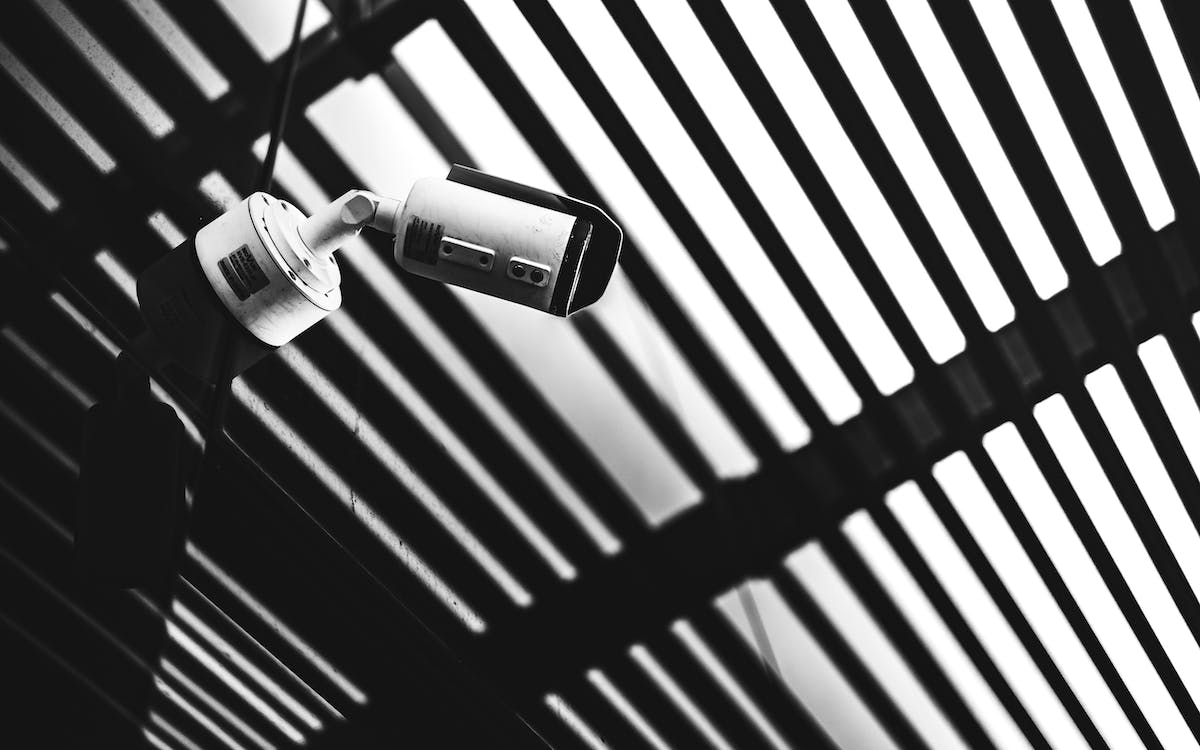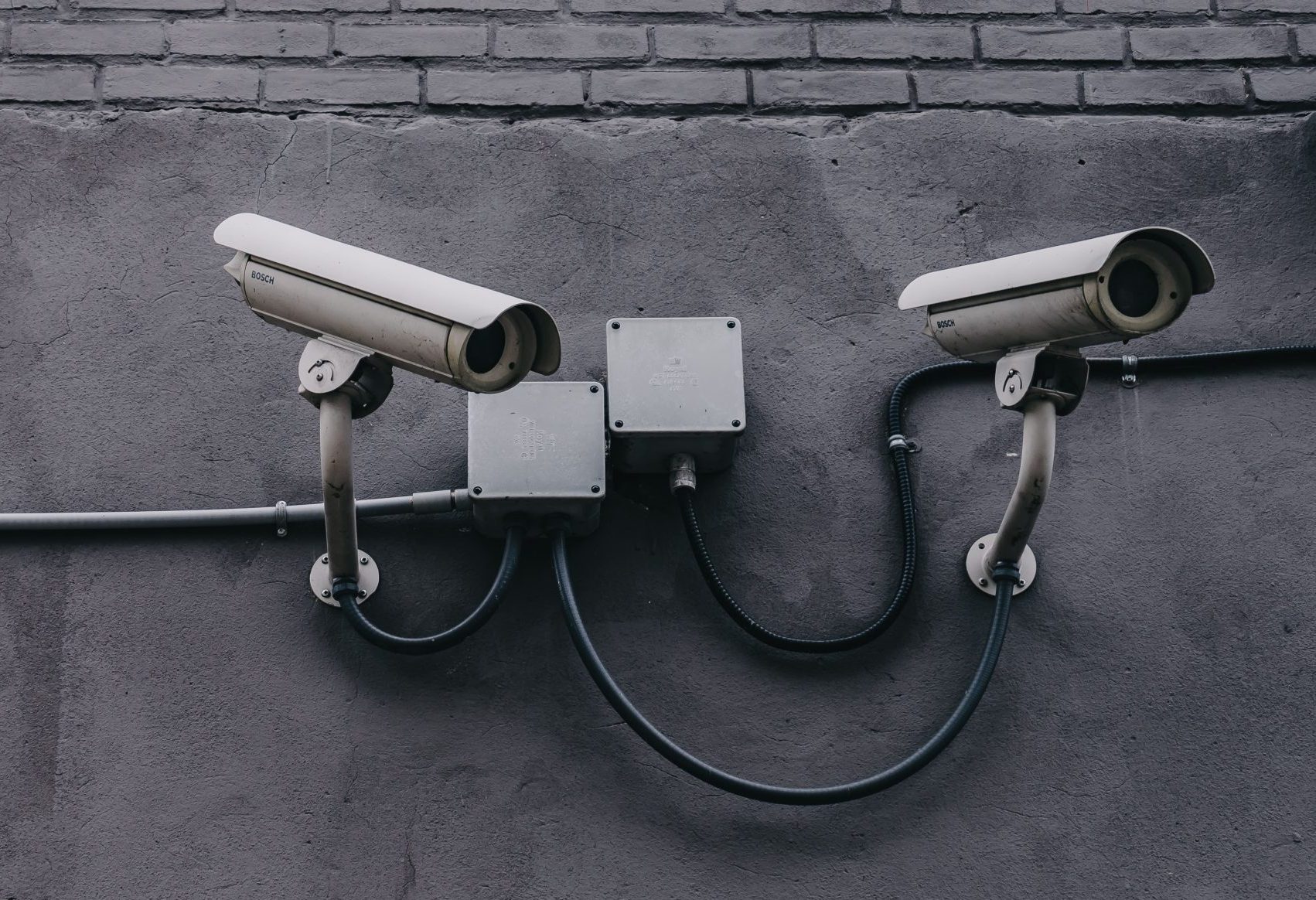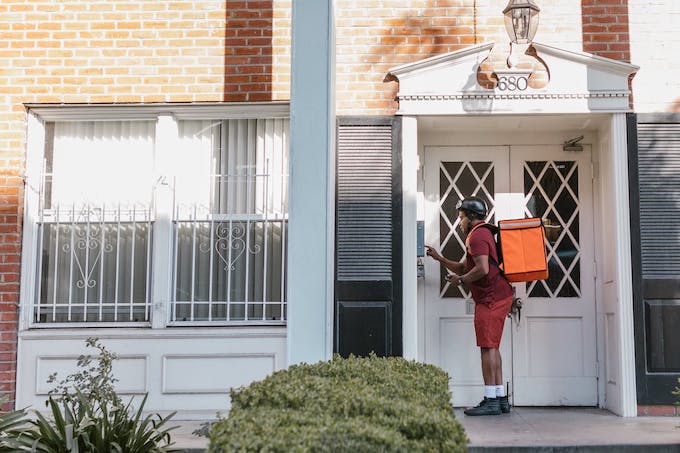Many people ask if their CCTV system can record video and upload it to “the cloud”.
In short, the answer is no.
No CCTV system can record high quality, high resolution images off-site from where the recorder is based.
You may see some of Dorani CCTV Systems competitors advising that they have cloud storage. However, when you look more into this, it is usually still images based on alarm notifications dependent on the type of cameras used and not actual video footage.
So you might ask, why can’t CCTV be recorded to the cloud?
Well, there are 3 main reasons…
1) The biggest restriction to cloud based storage is speed, upload speed to be exact.
Each camera at its highest resolution uses approximately 4000mbps (4M per Second for a 4M camera).
Yes, there is some variation to that depending on choice of encoding, but lets work round figures to make things easier.
4MP camera = 4Mbps
8MP camera = 8000mbps
The average speed for upload on todays internet services in Australia is 15mbps (150000Mbps) – this is average, many are much lower than this, we find in real world testing 8 -10mbps is the average.
So, with 1 x 8MP camera streamimg out of your modem, it is already at near maximum, this is with NO other services operating, or in high peak usage times.
The cloud storage service you are also sending the information too is restrictive in the speed that it can receive and write the information to the cloud.
Also remember, in a blackout, no modem = no upload, a UPS will not work as the NBN nodes in Australia are not always battery backed to maintain a stable internet connection to all regions in the event of a blackout.
2) The second is storage availability and cost
Your recorder generally hold 12 days of footage for 4 x 8MP cameras. This equates to around 2TB of space, which would need to be paid on a monthly basis to your cloud provider. That would be a costly subscription expense that you have to pay monthly based of site storage facility.
3) The third is to do with the recorder, the rules and legislation about the storage of footage, retrieval and encryption.
Recorders are designed to encrypt, time stamp and hold the footage in a manner to be retrieved using the recorder or the recorders available software. You cannot just take a HDD from the recorder, plug it into your computer and play the footage back. This is because if you could do this, you could tamper with the footage that is on the recorders HDD.
When you use the recorder to extract the footage, this removes the encryption and puts it in a viewable file to be played on consumer media playing software.
Be wary, some competitors state they have cloud based storage, along with a subscription fee.
This is generally NOT all footage being stored. It often can do small snippets of footage based on the correct set up for your cameras, etc. or snapshots taken and sent to the cloud. All of this at a fee.
What does Dorani suggest?
Run Dual Recorders
The simplest way to make sure your recordings are secure is to mount the recorder in a location inaccessible from thieves.
Run Dual recorders, this may cost a little more at installation time, but would only be equivalent to a few months of “cloud storage” that we have identified as being impossible with the current networks within Australia.
Have one recorder installed in different location to the main recorder. This isn’t just securing the footage from being stolen (1 gets stolen, but the other remains) however also ensures if a HDD failure was to occur, a 2nd devices is operating.
The 2nd device may not need to have all 8 cameras, or as long recoding time.
Maintenance
The biggest issue with recordings, or lack of recordings is people not maintaining their system properly – at a minimum you should check that there is no updates available for your system (Dorani updates are free and cloud based) and that your system is still recording correctly, go back into the footage using your mobile device, or on your recorder itself and make sure ALL cameras are recording properly.
Subscription Free Notifications and Emails
What if you still want OFFSITE information.
Subscription FREE notifications and emails. All the cameras can be used to send notifications, however If you choose AI cameras and have them configured correctly to achieve accurate alarms, you can have AI VCA events snapshotted and emailed to your email at the time of the snapshot.
This does take some setting up and you need to maintain/monitor this setup to ensure that only valid events are snapshotted and emailed, and that you do not fill your email with irrelevant information.
Not offsite, but many Dorani cameras offer onboard storage solutions also to an SD card that can be installed in the camera, this means if a failure to the HDD was to happen or the HDD was to be stolen, the footage would have been recorder to the SD card also. Please note however, at the time of the recorder being unplugged the camera will lose power and not record any more footage.
There are many solutions that can make you feel more secure at home, however they all come with advantages and disadvantages, talk to your installer or the team to ensure the best solution is provided.



